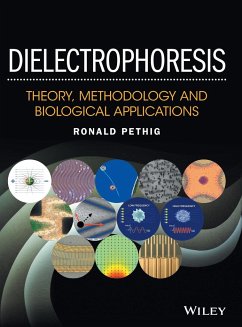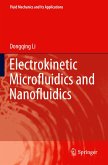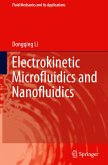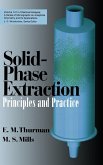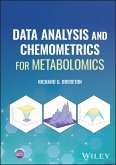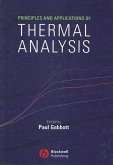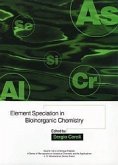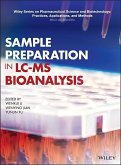Dielectrophoresis: Theory, Methodology and Biological Applications describes the significant advances in the theory, technology and biomedical applications of dielectrophoresis since Herbert Pohl's seminal monograph of 1978. Taking an interdisciplinary approach, it covers aspects of the theory and practice of dielectrophoresis concerned with characterizing and manipulating cells and other bioparticles such as bacteria, viruses, proteins and nucleic acids. An introductory chapter places dielectrophoresis in context as a particle manipulator, and chapters are included to describe the dielectric properties of bioparticles and microfluidic concepts of relevance. Applications described include: * Characterisation and Sorting of Stem Cells * Separation of Cancer Cells from Blood * Cell-based Drug Discovery * Diagnostics * Sensors for Biomedical Applications * Environmental Monitoring This is a valuable resource for those studying bioelectronics, BIOMEMS, biophysics, biosensors, lab-on-chip technologies, microfluidics, particle analysis and separation, as well as for researchers working on the fundamentals of dielectrophoresis across a wide range of applications, both biological and non-biological. More formal and quantitative material is shown in text boxes for easy identification, while worked examples throughout the text assist student engagement with theory and practical modelling.
Hinweis: Dieser Artikel kann nur an eine deutsche Lieferadresse ausgeliefert werden.
Hinweis: Dieser Artikel kann nur an eine deutsche Lieferadresse ausgeliefert werden.

